50. Topic: A Historical Period
– Question 50: Describe a historical period you’re interested in.
– You should say:
– What is the historical period, and when did it occur?
– What were the key events and developments?
– Why does this period intrigue you?
– How has it shaped the course of history
Model answer by Lifestyle Training Centre
One historical period that I find deeply fascinating is the Renaissance, which spanned from the 14th to the 17th century. This era, often seen as a rebirth of classical learning and culture, marked a dramatic shift in the intellectual, artistic, and scientific landscapes of Europe, particularly in Italy, before spreading across the continent.
The key events and developments during the Renaissance were transformative. It was a time when great minds such as Leonardo da Vinci, Michelangelo, and Galileo Galilei made groundbreaking contributions to art, science, and philosophy. The Renaissance saw the rise of humanism, a movement that emphasized the value of individual potential and reason, shifting away from the medieval focus on religion. In the realm of art, iconic works like the Mona Lisa and the Sistine Chapel were created, showcasing incredible advances in technique and perspective. Meanwhile, the printing press was invented by Johannes Gutenberg in the mid-15th century, which revolutionized the spread of knowledge, making books more accessible and sparking widespread literacy.
What intrigues me about this period is the sheer intellectual curiosity and creative explosion that characterized it. It was a time of rediscovery and reinvention, where scholars and artists drew inspiration from the classics of Ancient Greece and Rome, while pushing the boundaries of knowledge and expression. The Renaissance was not only about artistic masterpieces but also about a profound shift in worldviews—from seeing the world through a religious lens to embracing the human experience in all its complexity. It’s remarkable how thinkers and artists began to question long-held beliefs and challenge the status quo, laying the groundwork for modernity.
The Renaissance shaped the course of history in profound ways. It laid the foundation for many of the intellectual, cultural, and scientific advancements that we take for granted today. The period brought about the rise of modern science with figures like Copernicus and Kepler, who challenged the medieval understanding of the universe. In literature, it inspired works like Shakespeare’s plays, which explored the depth of human nature and remain relevant to this day. The innovations of the Renaissance also sparked the Age of Exploration, leading to the discovery of new lands and the subsequent global exchanges of goods, ideas, and culture.
In essence, the Renaissance was a turning point in history—a time when the old and new worlds collided, creating a ripple effect that has influenced the course of human history ever since. Its impact is still felt today in fields ranging from art and literature to science and philosophy, and that’s why this period continues to captivate my imagination.
List of vocabulary used:
- Renaissance – A period in European history, from the 14th to the 17th century, marked by a revival of classical learning and cultural achievements.
- 14th to the 17th century – The time span when the Renaissance occurred.
- Rebirth – The revival or revival of something, in this case, classical knowledge and culture.
- Intellectual – Related to the mind and reasoning, especially in terms of knowledge and understanding.
- Artistic – Relating to the arts, such as visual arts, music, literature, etc.
- Scientific – Pertaining to science or the scientific method.
- Italy – The country where the Renaissance began before spreading across Europe.
- Great minds – Exceptional thinkers, often referring to those who have made significant intellectual contributions.
- Leonardo da Vinci – A polymath from the Renaissance, known for his contributions to art, science, and engineering.
- Michelangelo – An influential Renaissance artist, known for works like the Sistine Chapel and the Statue of David.
- Galileo Galilei – A Renaissance scientist and astronomer, known for his groundbreaking discoveries in physics and astronomy.
- Humanism – A philosophical movement emphasizing the value of human potential, reason, and individualism over religious dogma.
- Individual potential – The belief in the inherent ability of individuals to achieve greatness or contribute to society.
- Reason – The capacity for logical thought and making decisions based on evidence and understanding.
- Mona Lisa – A famous portrait painted by Leonardo da Vinci, regarded as a masterpiece of Renaissance art.
- Sistine Chapel – A chapel in the Vatican, famous for its ceiling painted by Michelangelo.
- Incredible advances – Remarkable progress or improvements in a particular field.
- Printing press – An invention by Johannes Gutenberg in the 15th century that revolutionized the production and distribution of books.
- Johannes Gutenberg – The inventor of the printing press in the mid-15th century.
- Intellectual curiosity – A strong desire to learn and understand new things.
- Creative explosion – A period of intense creative activity and innovation.
- Rediscovery – The process of finding or revisiting something that was previously forgotten or overlooked.
- Reinvention – The act of creating something anew or changing it in a significant way.
- Ancient Greece – A classical civilization known for its contributions to philosophy, art, and science.
- Rome – The capital of the Roman Empire, a civilization known for its contributions to law, governance, and engineering.
- Shift in worldviews – A significant change in how people perceive the world and their place in it.
- Religious lens – Viewing the world primarily through a religious or spiritual perspective.
- Human experience – The shared aspects of human life, including emotions, actions, and relationships.
- Modernity – The condition of being modern, often associated with progress, rationality, and scientific understanding.
- Rise of modern science – The development of scientific thought and inquiry that emerged during the Renaissance and beyond.
- Copernicus – A Renaissance astronomer who proposed the heliocentric model of the universe, challenging the geocentric model.
- Kepler – A scientist who made important contributions to the understanding of planetary motion.
- Shakespeare’s plays – The literary works of William Shakespeare, which explore human nature and are still performed today.
- Age of Exploration – A period when European explorers discovered new lands, leading to global exchanges.
- Discovery of new lands – The exploration and colonization of previously unknown territories.
- Global exchanges – The sharing of goods, ideas, and cultures between different parts of the world.
- Art – The expression or application of human creativity, typically in the form of painting, sculpture, or other visual mediums.
- Literature – Written works, especially those considered to have artistic or intellectual value.
- Science – The systematic study of the natural world through observation and experimentation.
- Philosophy – The study of fundamental questions regarding existence, knowledge, and ethics.
Idioms and Phrases
- Deeply fascinating – Extremely interesting or captivating
- Rebirth of classical learning and culture – A revival or resurgence of knowledge and culture from ancient times
- Dramatic shift – A significant and noticeable change
- Groundbreaking contributions – Innovations or achievements that are pioneering and influential
- The rise of humanism – The emergence or growing influence of humanism as a philosophical movement
- Shift away from – A move or transition from one focus to another
- Iconic works – Famous or widely recognized artistic creations
- Revolutionized the spread of knowledge – Completely changed how knowledge was distributed or shared
- Spark widespread literacy – To ignite or initiate a large-scale improvement in reading and writing skills
- Sheer intellectual curiosity – Pure, intense desire for knowledge and understanding
- Rediscovery and reinvention – The process of reinterpreting or reimagining previous knowledge or ideas
- Push the boundaries of knowledge and expression – To expand or challenge the limits of what is known or understood
- Question long-held beliefs – To challenge or reconsider beliefs that have been accepted for a long time
- Challenge the status quo – To oppose or question the existing state of affairs or traditional way of doing things
- Laid the groundwork – To establish the foundational principles or ideas for something that follows
- Shaped the course of history – To influence or determine the direction of historical events or development
- Take for granted – To assume something is always available or will always happen without appreciating it
- Profound ways – In significant, deep, or meaningful manners
- Ripple effect – A continuous, spreading effect from an initial event or change
- Collide – To come into contact, often resulting in significant change or impact
- Captivate my imagination – To greatly interest or engage my creativity and thoughts
IELTS Speaking Task Topics
Click on any topic to explore more!
Names

Learn about the importance of names and their cultural significance.
Study / Job
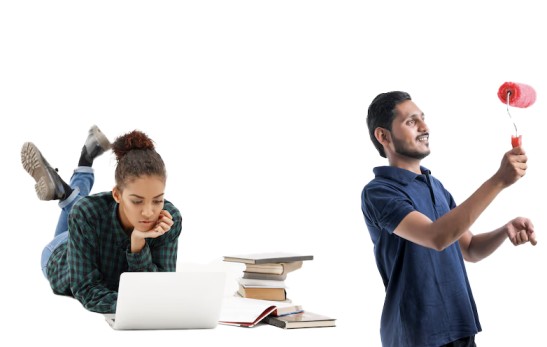
Discuss various aspects of studying and working in different fields.
Hometown
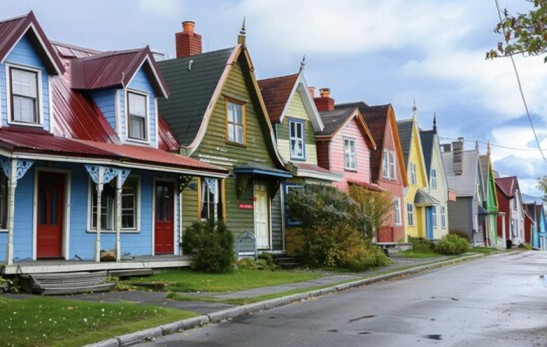
Explore the charm of your hometown and its unique features.
Accomodation

Understand various types of accommodation and living situations.
Weather

Learn about how weather influences daily life and activities.
Time

Discuss the concept of time, its importance, and time management.
Television

Talk about the role of television in modern entertainment.
Museum

Discuss the cultural importance of museums and historical exhibits.
Holidays

Explore the significance of holidays and different celebrations.
Films
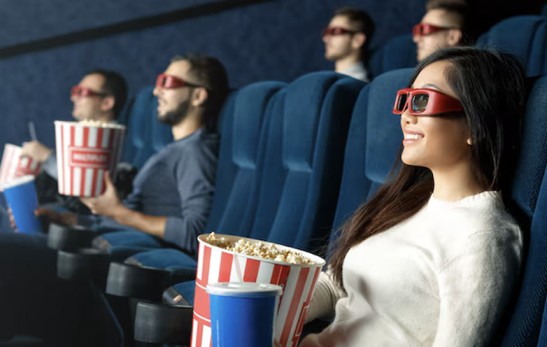
Learn about the impact of films on culture and society.
Leisure Time

Discuss how leisure activities impact personal well-being.
Sport

Talk about the role of sports in health, entertainment, and culture.
Vegetables and Fruits

Discuss the health benefits and importance of fresh produce.
Maths

Explore the role of mathematics in various aspects of life.
Sky

Discuss the beauty and scientific significance of the sky.
Clothes&Fashion

Explore how clothing reflects culture and personal expression.
Weekend

Discuss the importance of weekends and ways people relax.
Reading

Learn about the importance of reading and various reading habits.
Sleep

Explore how sleep impacts physical and mental well-being.
Trees&Plants

Discuss the environmental and health benefits of plants.
Newspaper

Discuss the evolving role of newspapers in the digital age.
Texting

Explore the role of text messaging in modern communication.
Memorising
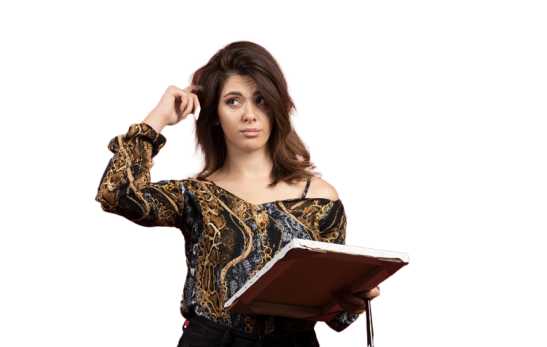
Learn techniques for improving memory and memorization.
Travelling
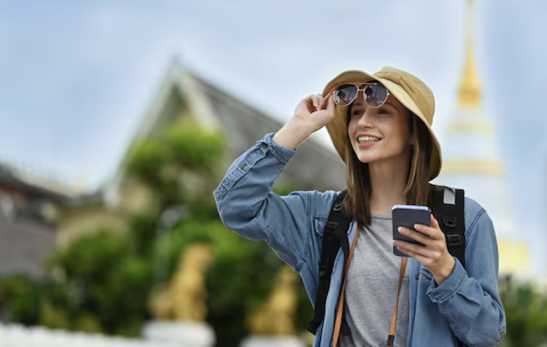
Discuss the importance and impact of traveling in modern society.
Communication

Explore the modes and significance of communicating well
Letter&Email

Explore the differences and significance of letters vs. emails.
Swimming

Discuss the benefits of swimming for health and fitness.
Snacks

Explore the role of snacks in daily nutrition and lifestyle.
Photography

Discuss photography’s cultural and artistic significance.
Help

Talk about the importance of offering and receiving help.
History

Discuss historical events and their impact on modern society.
Handwriting
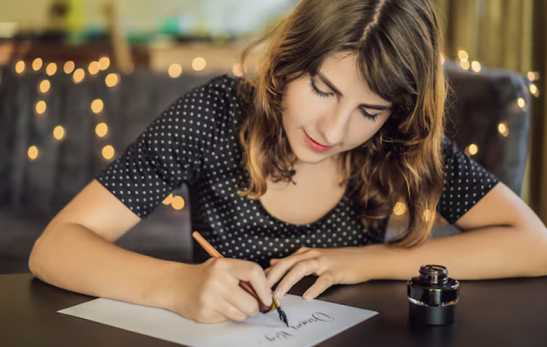
Explore the significance of handwriting in education and culture.
Music

Learn about the influence of music on emotions and society.
Colours

Discuss how colours affect perception and mood.
Teachers

Explore the role of teachers in shaping students’ futures.
Being Alone

Talk about the experience and benefits of spending time alone.
Teamwork

Learn the importance of teamwork in professional and social contexts.
Countryside & City

Explore the charm and benefits of living in the countryside.
Social Media

Discuss the impact of social media on society and relationships.
Friends

Explore the importance of friendships in life.
Artificial Intelligence (AI)

Talk about the future of AI and its role in society.
Climate Change

Discuss the causes and consequences of climate change.
Transportation

Explore different modes of transportation in your area.
Sustainable Transportation

Explore ways to make transportation more environmentally friendly.
Space Exploration

Learn about the latest advancements in space exploration.
Shopping

Explore how shopping influences culture and the economy.
Modern Technology
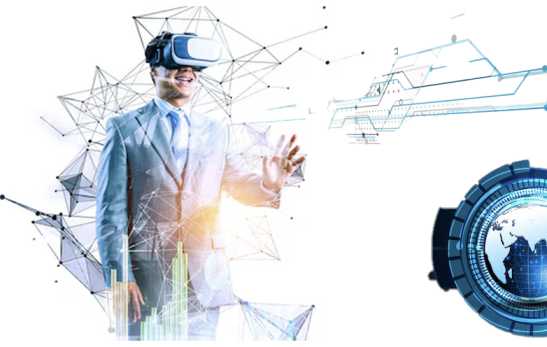
Discuss how modern technology is reshaping society.
Technology

Learn about the role of technology in everyday life.
Sustainable Living
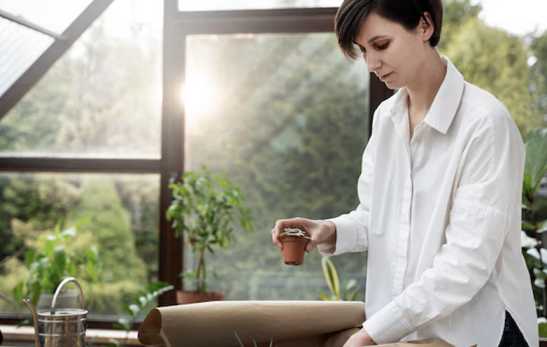
Explore ways to live sustainably for the future of the planet.
Globalisation
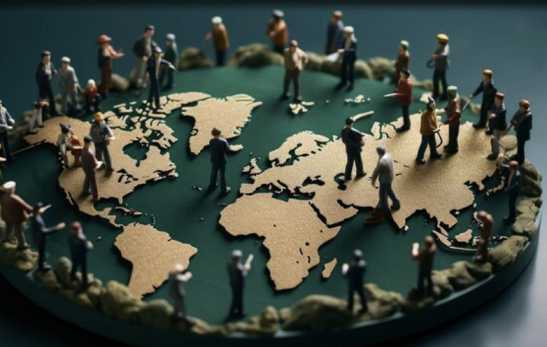
Learn about the effects of globalisation on society and economies.
Global Warming
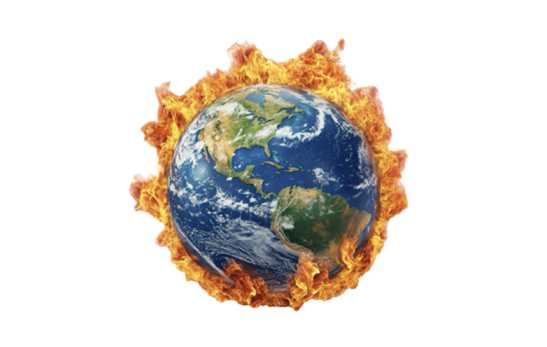
Discuss the causes, effects, and solutions to global warming.
Gender Equality

Explore the importance of gender equality in modern society.
Health and Fitness
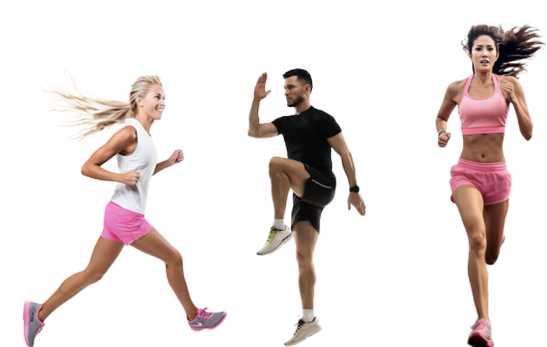
Discuss the importance of maintaining a healthy lifestyle.
Renewable Energy

Learn about renewable energy sources and their impact on the environment.
Cultural Traditions in Kerala
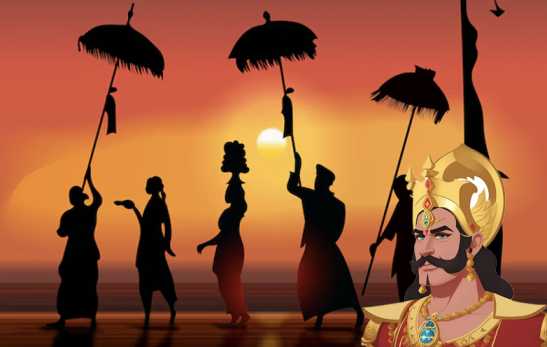
Explore the unique cultural traditions of Kerala, your hometown.
Cultural Traditions in Your Country
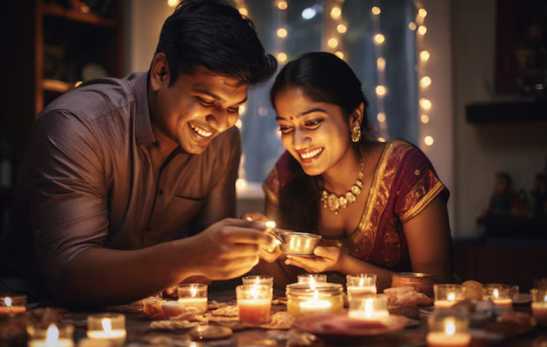
Learn about the cultural traditions in your country.
Education System
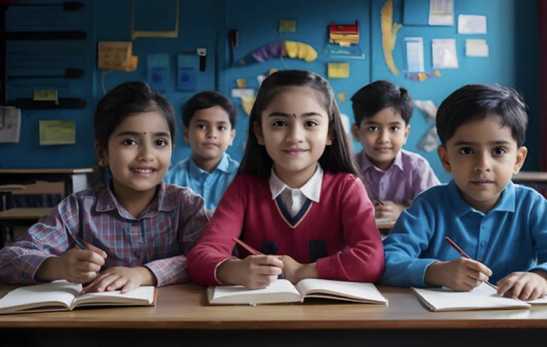
Discuss the education system in your country and its effectiveness.
Traditional Cuisine
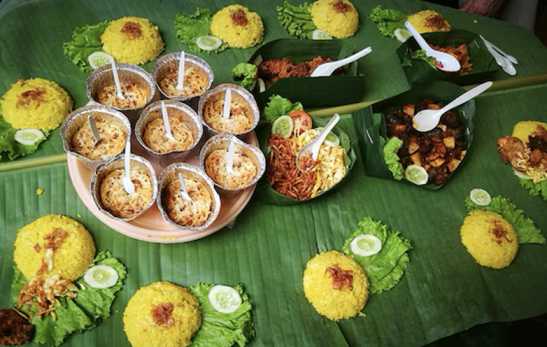
Explore the significance of traditional cuisines in your culture.
Do you need printed IELTS/ OET practice material? Place your order today. Available now for just Rs: 1,100 (including shipping all across India) Contact us at our WhatsApp number: +91 9886926773 to place your order. (Free for LTC students)
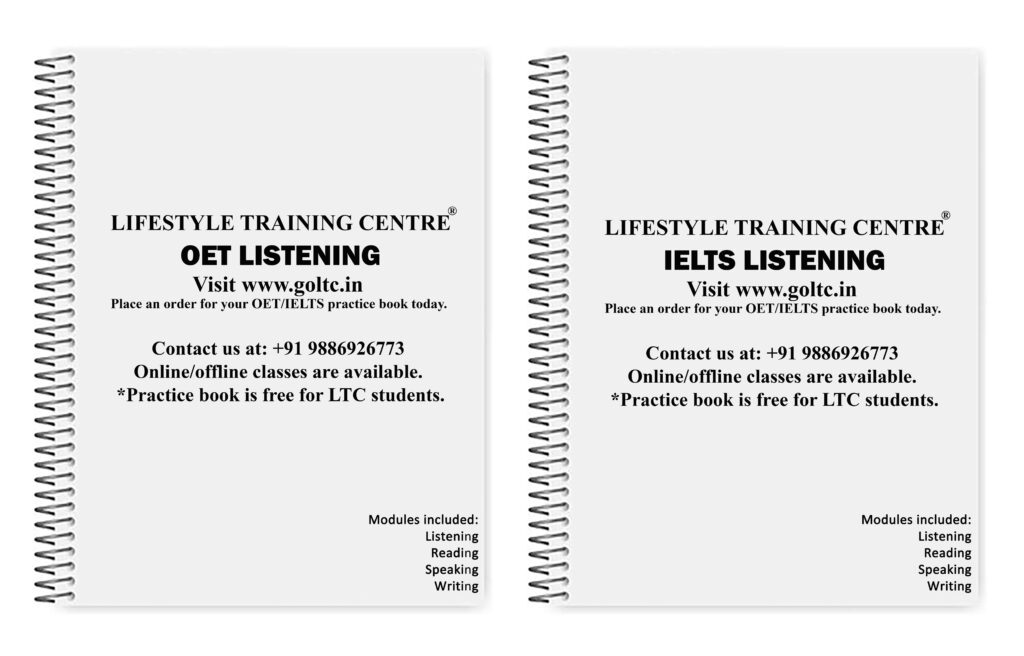
We hope this information has been valuable to you. If so, please consider a monetary donation to Lifestyle Training Centre via UPI. Your support is greatly appreciated.

Would you like to undergo training for OET, PTE, IELTS, Duolingo, Phonetics, or Spoken English with us? Kindly contact us now!
📱 Call/WhatsApp/Text: +91 9886926773
📧 Email: mail@goltc.in
Visit us in person by following the directions on Google Maps. We look forward to welcoming you to the Lifestyle Training Centre.
Follow Lifestyle Training Centre on social media:
Thank you very much!
